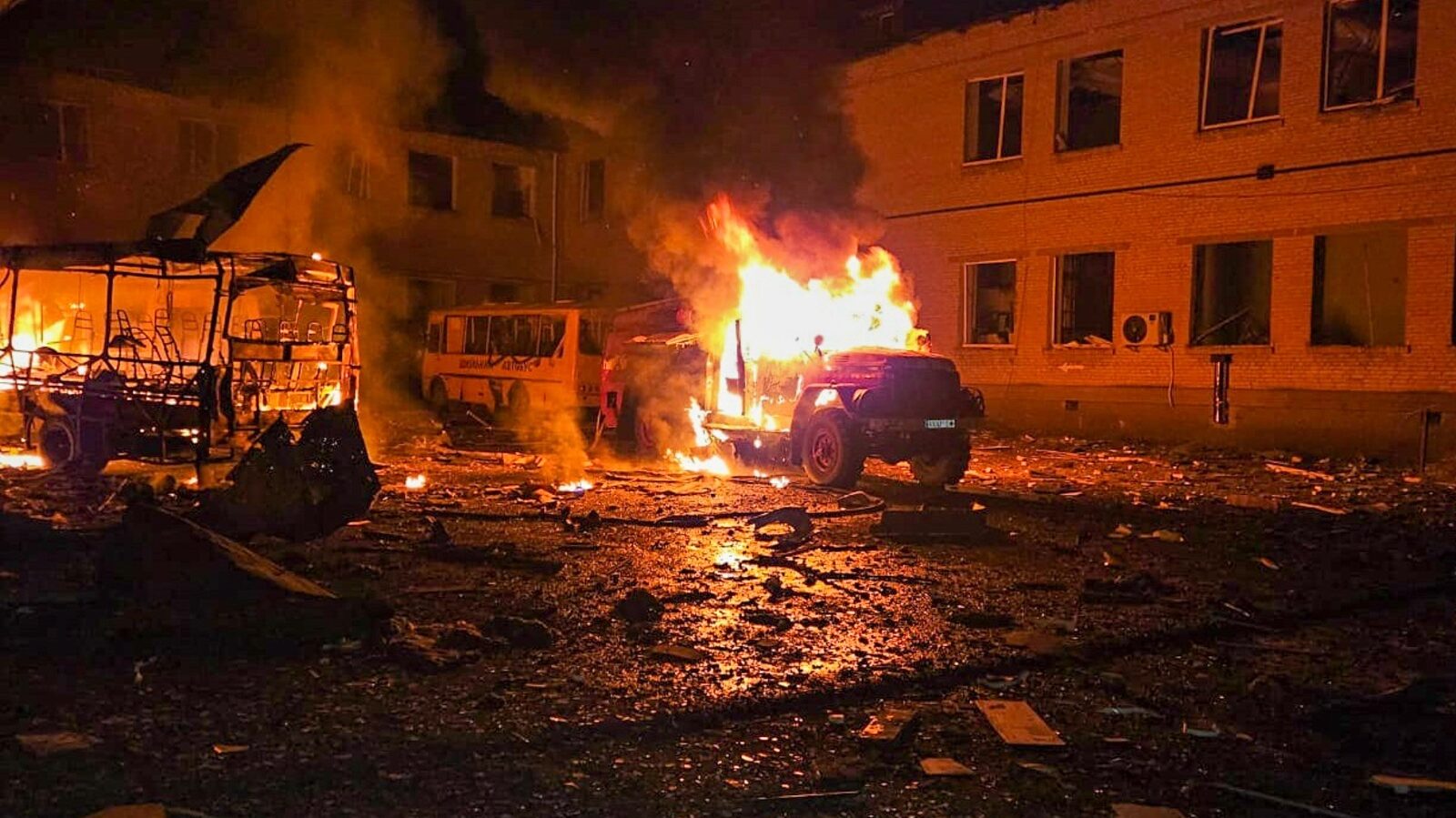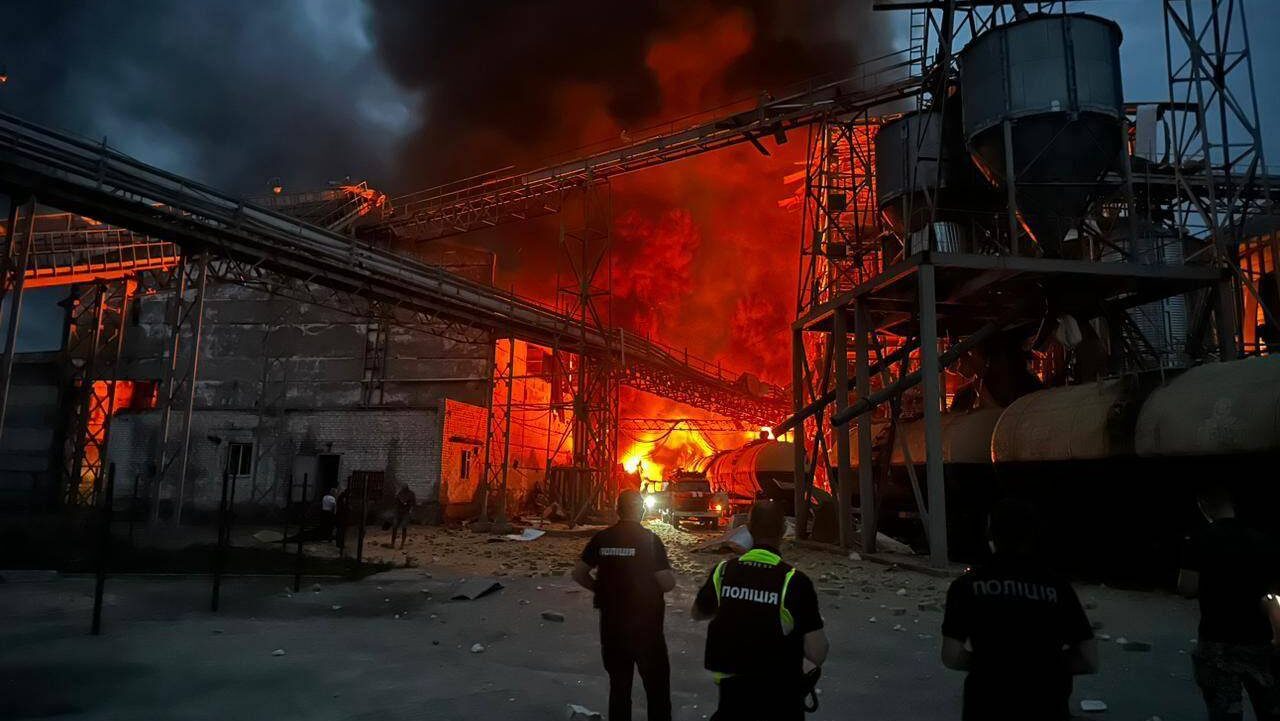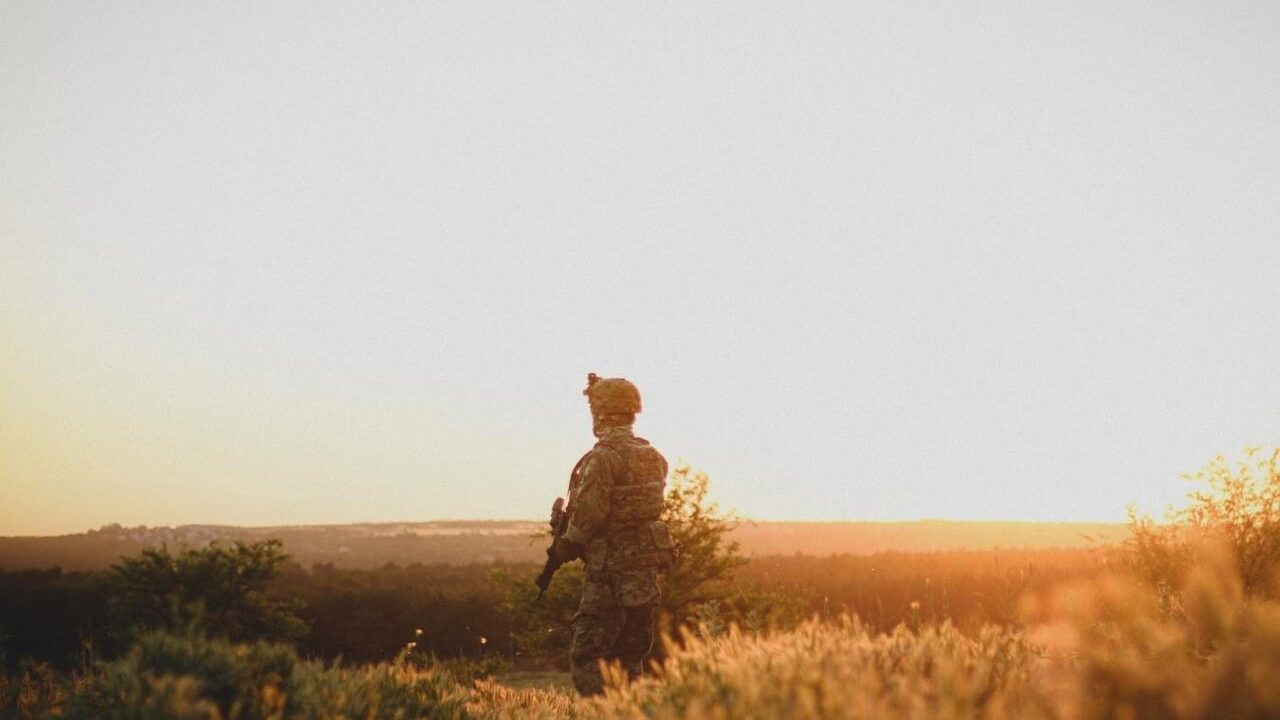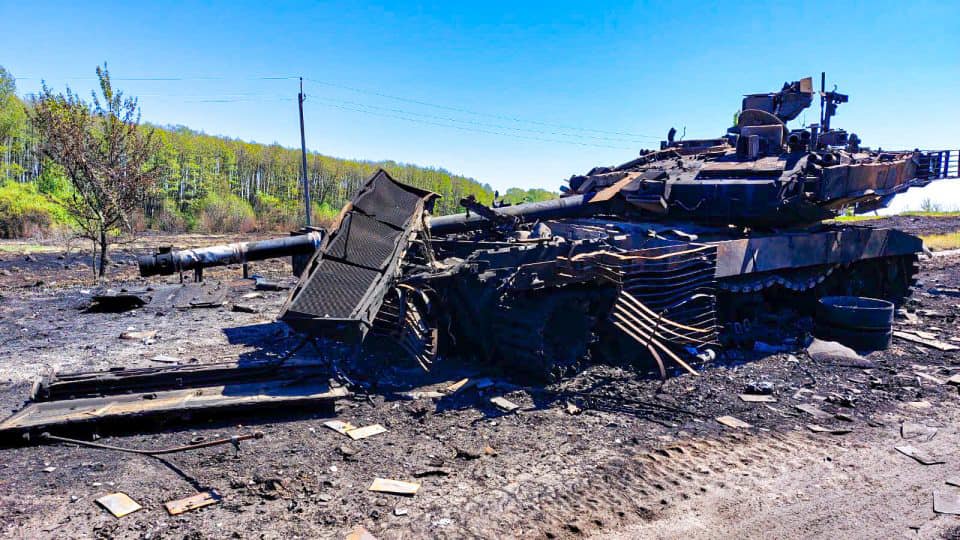A special series by defense journalist David Axe, exploring how Ukraine can win the war against Russia through technological innovation:
Uttering one word, one man could end Russia’s wider war on Ukraine.
With a single word, he could halt the fighting that, in 40 bloody months, has killed or maimed some 1,000,000 Russians and nearly half a million Ukrainians. He could ease the nuclear fears the conflict has stoked. He could relieve the strain on the Russian and Ukrainian economies—and allow the devastated landscape in eastern and southern Ukraine to finally begin healing.
That word is “stop.” And the only man who can say it is the Russian President. Vladimir Putin, on whose orders, 200,000 Russian troops further invaded Ukraine on 24 February 2022.
What will it take for Putin to say the word? That question, more than any other, informs Ukraine’s theory of victory as the wider war grinds into its fourth year and both sides show signs of exhaustion. Ukraine could defeat Russia militarily, effectively giving Putin no choice but to say stop—lest the Ukrainian army destroy whatever forces Russia might still have left following decisive losses in Ukraine.
Or Russia could defeat Ukraine militarily, satisfying Putin’s original conditions for victory. Putin could say stop because he’s gotten everything he ever wanted in Ukraine.
But there’s a third and arguably likelier outcome. Putin could order his armies to stand down not because they’ve actually won, but because Putin says they’ve won.
Dictators, including elected ones such as Putin, tend to be political survivalists—and Putin’s sense of self-preservation could lead him to declare victory in Ukraine if and when he begins to sense he’s losing … and losing domestic political support as his armies falter.

Declaring victory without winning
This sort of thing happens all the time. Palestinian military group Hamas routinely declares victory in its various clashes with Israel, even when the outcomes of the conflicts are often devastating to the group. Hamas has repeatedly declared victory in the bloody war instigated by the group’s brutal cross-border raids into southern Israel in October 2023—despite Israeli retaliation that has killed tens of thousands of Palestinian fighters and civilians and rendered Gaza all but uninhabitable.
“The Hamas claim of victory … has further goals,” Palestinian writer Aws Abu Ata noted. “The movement seeks to form a safety belt for itself to avoid being held accountable for the very crises it has provoked.”
As long as a critical mass of Hamas supporters believe, despite their suffering, that they and the militant group are the victors, the Palestinian liberation movement may endure in some form.
Putin could pursue a similar survival strategy. He could simply declare victory in Ukraine, and then attempt to convince his base—Russian elites and tens of millions of everyday Russians—that the victory is legitimate and not the desperate projection of an imperiled dictator.
And yes, Putin is imperiled. Just two years ago, the Wagner Group—the notorious Russian mercenary company led by Russian oligarch Yevgeny Prigozhin—staged an uprising against Putin’s regime. Thousands of Wagner troops marched on Moscow. The uprising ended when Prigozhin unwisely agreed to meet Putin in Moscow, only to perish when his plane fell to the ground in flames, likely shot down.
Meanwhile in Ukraine, increasingly vehicle-starved Russian field armies are losing more than a thousand troops a day in grinding assaults on Ukrainian defenses—and gaining just a few hundred square kilometers a month in exchange for the massive bloodletting, in a country with a total area of 603,000 square kilometers.
The costly Russian attacks are sustainable because the Kremlin recruits slightly more troops than it loses every month. But that robust recruitment is possible for just two reasons. “Driven by high sign-on bonuses and speculation that the war will soon be over, more than 1,000 men join the Russian military every day,” noted Janis Kluge, deputy head of the Eastern Europe & Eurasia Division at the German Institute for International and Security Affairs.

How Ukraine can win, p.2: The single drone target that could cripple Russia’s oil empire
The bonuses and other wartime spending are eating the Russian economy.
“All told, Russia’s defense budget will account for 40% of all government expenditures, which is at its highest level since the Cold War,” Gen. Christopher Cavoli, commander of US Army forces in Europe, told US lawmakers on 3 April.
By comparison, the US federal government spends 13% of its budget on the military.
This is unsustainable. As the cost of servicing a ballooning debt crowds out other spending priorities, Putin has reportedly been casting around for conflict off-ramps. However and whenever Putin chooses to end the war, declaring victory for Russia is surely part of the exit strategy.
The US may give Putin the cover he needs
Talk is easy, of course. Real persuasion could be hard.
“Putin has laid out his maximal goals for this conflict,” explained Thomas Graham, a former US National Security Council staffer who is currently a fellow with the Council on Foreign Relations in New York City. “At the moment, he needs to make a credible claim of success on each of these goals to declare victory—and that means no NATO membership for Ukraine, international recognition of the land he has seized as Russian, the demilitarization and ‘denazification’ of Ukraine, and the lifting of Western sanctions.”
“He will not achieve these goals in a negotiated settlement,” Graham asserted.
That’s almost certainly true if the settlement is with Ukraine. But US President Donald Trump, who frequently apes Russian propaganda and has described Putin as strong and smart, has sent his envoys to speak directly with their Russian counterparts in an effort to negotiate an end to the war on terms that favor Russia.
Trump could lend Putin the domestic political cover Putin needs to sell a unilateral declaration of victory in Ukraine—by giving Russia things Ukraine and Ukraine’s European allies won’t give it.
What a US-brokered deal could mean for Ukraine
Trump could officially endorse Russian control over occupied territories. Indeed, the White House has already offered to recognize Crimea as part of Russia. And since the admission of a new member state to NATO requires the consent of all current members, the United States alone could block any Ukrainian bid to join the alliance.

The Trump administration could also lift US sanctions on Russia—and clearly wants to. US Secretary of State Marco Rubio said an end to the war would be “the key that unlocks the door” for “potentially historic economic partnerships” between the United States and Russia.
“The Russian president is in the extraordinary position where he sees the opportunity to entrust his American colleague with imposing a Russian-designed peace settlement on Ukraine,” observed John Lough, a fellow with Chatham House, a London think tank.
The stated Russian war objectives Washington can’t just deliver to Moscow are the most esoteric—and the easiest for Putin to simply claim: the “demilitarization” and “denazification” of the Ukrainian armed forces.
Russia has killed or wounded hundreds of thousands of Ukrainian troops since February 2022: does that qualify as “demilitarization”? There are very few actual Nazis in the Ukrainian military, but there are surely thousands of right-wing Ukrainian nationalists among Ukraine’s war dead: is that “denazification”?
When both sides claim victory, the war may end
It’s evident Putin is already laying the rhetorical groundwork for claiming Russia has demilitarized and denazified Ukraine. Putin believes key war goals have been achieved, a source close to the Kremlin told Reuters in January.
As Russian casualties reached one million, Russia’s stocks of armored vehicles run low and borrowing costs continue to climb in the sanctions-squeezed, war-strained Russian economy, the temptation for Putin to declare victory and halt major offensive action—at least for a while—should only increase. Especially given how little ground Russian forces have gained in Ukraine since their retreat from Kyiv Oblast in the spring of 2022.
Incredibly, Ukraine could also claim it has won.
“In the end, both sides may claim some form of victory,” explained Tatarigami, the founder of the Ukrainian Frontelligence Insight analysis group.
“Russia by pointing to territorial gains; and Ukraine by claiming its success in preventing Russia from achieving its stated strategic objectives.”

Behind every drone that could charge the next Ukrainian counteroffensive is an innovator trying to scale. We’re launching the David vs. Goliath defense blog to support these Ukrainian engineers – and are inviting you to join us on the journey.
Our platform will showcase the Ukrainian defense tech underdogs that are Ukraine’s hope to win in the war against Russia, giving them the much-needed visibility to connect them with crucial expertise, funding, and international support. Together, we can give David the best fighting chance he has.
Join us in building this platform — become a Euromaidan Press Patron. As little as $5 monthly will boost strategic innovations that could succeed where traditional approaches have failed.




